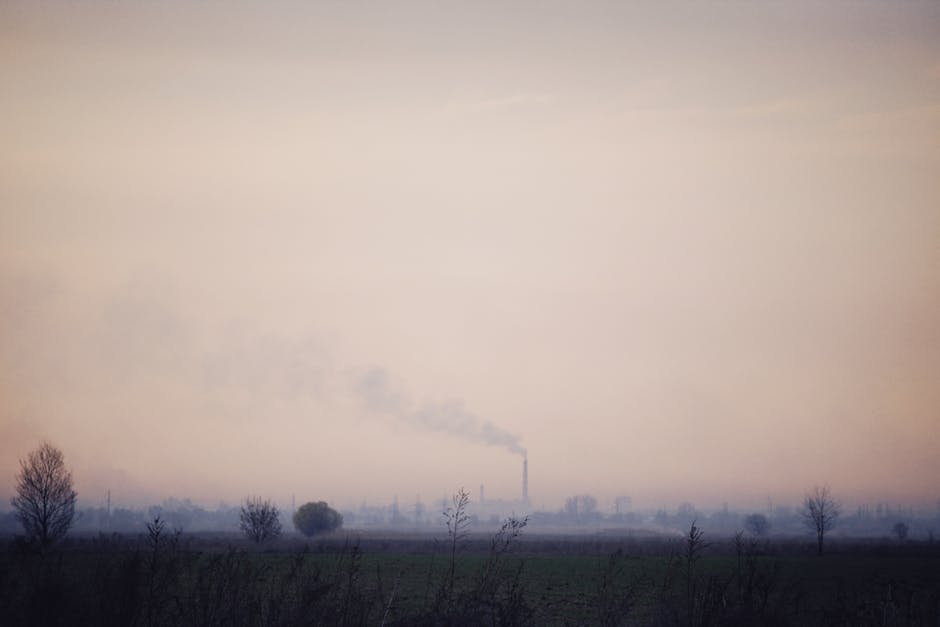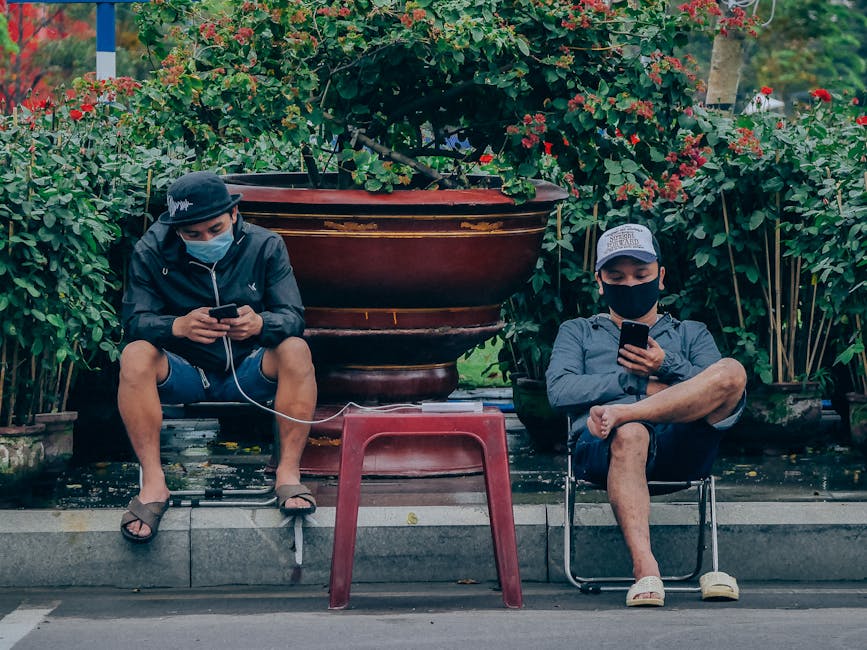The air quality in Ballygunge, a prominent residential and commercial neighborhood in Kolkata, has recently been recorded at an Air Quality Index (AQI) of 109, placing it in the “Moderate” category. While this level is not as severe as the hazardous air quality seen in some parts of India, it has raised concerns among residents and environmental experts about the long-term health implications and the factors contributing to this decline.
Understanding the AQI
The Air Quality Index (AQI) is a standardized measure used to communicate how polluted the air currently is or how polluted it is forecast to become. An AQI of 109 falls into the “Moderate” range, which indicates that air quality is acceptable; however, there may be a moderate health concern for a very small number of people who are unusually sensitive to air pollution. For the general population, this level is not expected to cause significant health issues, but prolonged exposure could lead to respiratory discomfort, especially among vulnerable groups such as children, the elderly, and those with pre-existing health conditions.
Factors Contributing to the AQI in Ballygunge
Several factors contribute to the current air quality in Ballygunge:
-
Traffic Emissions: Ballygunge is a bustling area with heavy vehicular traffic, especially during peak hours. The emissions from cars, buses, and two-wheelers release pollutants like nitrogen dioxide (NO2) and particulate matter (PM2.5 and PM10), which significantly impact air quality.
-
Construction Activities: Ongoing construction projects in and around Ballygunge have led to increased dust levels. Construction sites often generate large amounts of particulate matter, which can linger in the air and degrade its quality.
-
Weather Conditions: The current weather in Kolkata, characterized by high humidity and low wind speeds, has contributed to the stagnation of pollutants. This prevents the dispersal of harmful particles, causing them to accumulate in the atmosphere.
-
Industrial Pollution: Although Ballygunge is primarily a residential area, its proximity to industrial zones in Kolkata means that pollutants from factories and industries can drift into the neighborhood, further worsening air quality.
-
Open Burning and Waste Disposal: The practice of open burning of waste, including leaves, plastic, and other materials, remains a persistent issue in many parts of Kolkata. This releases toxic fumes and particulate matter into the air, contributing to the overall AQI.
Health Implications
While an AQI of 109 is not considered severe, it is essential to remain vigilant. Prolonged exposure to moderate levels of air pollution can lead to respiratory issues such as coughing, wheezing, and shortness of breath. For individuals with asthma or other chronic lung diseases, even moderate pollution levels can exacerbate symptoms. Additionally, long-term exposure to pollutants has been linked to cardiovascular diseases and reduced lung function.
Steps to Mitigate Air Pollution
To address the deteriorating air quality, both immediate and long-term measures are necessary:
-
Promoting Public Transport: Encouraging the use of public transportation, carpooling, and electric vehicles can significantly reduce traffic emissions.
-
Regulating Construction Practices: Implementing stricter guidelines for construction sites, such as covering debris and using water sprinklers to suppress dust, can help minimize particulate matter.
-
Monitoring Industrial Emissions: Ensuring that industries in the vicinity adhere to pollution control norms and adopt cleaner technologies can reduce the release of harmful pollutants.
-
Community Awareness: Educating residents about the harmful effects of open burning and promoting proper waste disposal methods can help curb this practice.
-
Green Initiatives: Increasing green cover in Ballygunge through tree plantation drives can improve air quality by absorbing pollutants and releasing oxygen.
Conclusion
While the current AQI of 109 in Ballygunge is not alarming, it serves as a reminder of the need for proactive measures to combat air pollution. Addressing the root causes of poor air quality requires collective efforts from the government, industries, and the community. By taking sustainable actions today, we can ensure a healthier and cleaner environment for future generations.
Stay tuned to NextMinuteNews for more updates on air quality and environmental issues affecting Kolkata and beyond.




